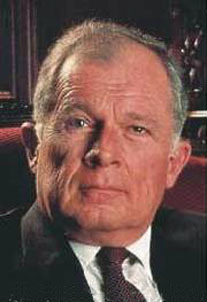The Attorney General's Division of Open Government is about to take up that question. Today, it issued a request for public comment on remote participation in public meetings. The new open meeting law that took effect July 1 does not directly authorize remote participation, but it does give the AG the discretion to allow remote participation if she so chooses.
The notice issued today requests public comment on whether to allow remote participation. It encourages anyone who submits comments to address these questions:
- Should the Attorney General authorize remote participation in meetings by members of public bodies?
- If authorized, what, if any, technology should be required? (i.e., conference call ability; video conferencing)
- If authorized, what, if any, provisions should be adopted to address technical difficulties that may arise during the course of remote participation in a meeting?
- If authorized, should limits be placed on the frequency with which members of public bodies may participate remotely in meetings?
- If authorized, should limits be placed on the reasons for which a member of a public body may be allowed to participate remotely (i.e. only allow remote participation because of distance, disability or other medical reason, emergency, etc.)?
- Currently, roll-call votes are only required in order to go into executive sessions and to make decisions during executive sessions. If authorized, should roll-call votes be required for all votes taken when one or more members are participating remotely?
- If authorized, should members participating remotely be required to have access to all documents and other materials used by the public body during a meeting? How should documents be made available?
- If authorized, what, if any, requirements should be in place to maintain confidentiality during executive session?
